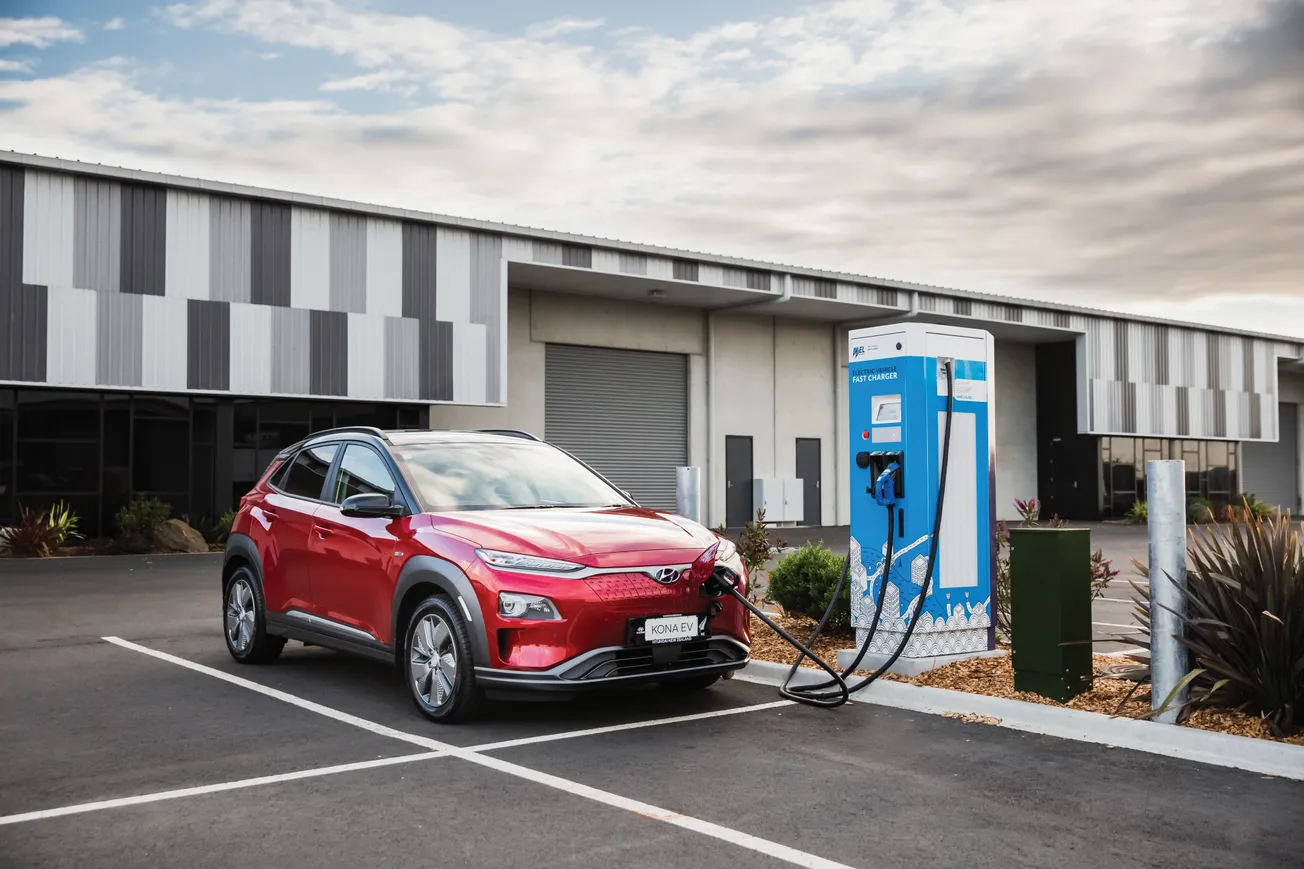Table of Contents
Nobody Interesting
As someone who has clocked up over 300,000 km in diesel 4×4 utes, it pains me to note that I now drive an electric vehicle.
There was only limited choice in this transition, as the EV-as-company-policy came with the new job. A ute was simply not an option.
And I have very mixed feelings about this.
The EV will never have a towbar and so I’ve had to keep the ute to tow the boat, but having said that, the EV is a nippy wee thing around the city. The torque response means one can launch off into a much smaller gap in traffic than a ute, but the speedbumps that Council insist on putting on roads and zebra crossings are now noticeable, whereas in the ute they were but pimples.
In my diesel days I’d know the price of fuel at every station on my regular routes, be able to predict the sales and do some amateur hedging over a few weeks as I ran the risk of an early-and-expensive purchase versus running the tank dry. Now I negotiate with my colleagues on who gets to plug in every couple of days at work, with Mondays and Fridays being at a premium.
In this car, a commercial fast charger takes around 40 minutes from 10% to 80% and that will get me about 180 km and cost around $16. Another 10% will take another 10 minutes and cost another $3 for about 25 km. On a slow charger like those installed at work or homes, that charge to 80% or 90% would take all day. These numbers vary hugely depending on the passenger loading in the EV and the commercial chargers’ fees are comparable to what I was paying, litre-per-kilometer, in my ute.
It is nice to be able to park up at the supermarket and plug in, fire up an App and then charge while doing the shopping as this saves standing around on a windblown forecourt. But the novelty soon passes when you need to wait around in the supermarket carpark anyway for a charge when you’d rather be doing other things. I’ve been known to sit in the shaded back seat with the doors open and work away on my laptop, but that gets tiring pretty quickly.
But Auckland is a big city. You simply cannot drive from one side to the other, back again, then from top to bottom without either a full charge before to make it and afterwards to get home or without a charge and work-in-the-back-seat in the middle. Last weekend I started out with a full charge and went to the beach and then home, then into work, and I needed to charge before popping out again.
Indeed, my last commercial charge saw me arrive to find someone else using the charger for his company car. Given his company-shirt and company-branded-car he was circumspect in our discussion but he was open that he was not impressed with the interruption to his day that charging necessitated. As someone who thinks technology should fit the person, not the person fit the technology, I was bound to agree.
One thing with EVs as company cars that is overlooked in their adoption is the probable increase in kilometres driven. Because I’m not paying for it, I don’t object to doing several different trips to the fruit-n-vege place, kids’ sports, to run personal errands, and the like. When I was paying for it I’d delay one of those to do two or three on one trip, and so I suspect I’m now doing more kilometres around town than I used to.
I know that EVs are not the panacea to all our ills, whatever they may be, as claimed by some, but I’m not the sort of person whose identity is enmeshed with their vehicle. To me, they are a tool that I can and try to take pleasure in using. And I do. I love the ‘bugger you’ thought to the council when my ute plows over speed bumps and median strips and ‘traffic calming measures’ and I enjoy being pushed back into the seat of the EV as I ‘gas it’ through a gap the ute would never have made.
I’m also very aware that in 100,000 km the EV will be knackered, but my ute has done that and then some and still gets me, and my stuff, where I want to go. And it will. I think of the EV as a disposable car, like plastic bags that fill up landfills, whereas the ute is like nana’s huckery old basket.
As I said, I have very mixed feedings about this EV business. I’ll drive the EV for work and private use as it comes with my job and is free, but it won’t tow the boat or be loaded for trips away, so I’m not selling my ute. Besides, who knows how long the job, and therefore the EV, will last?









